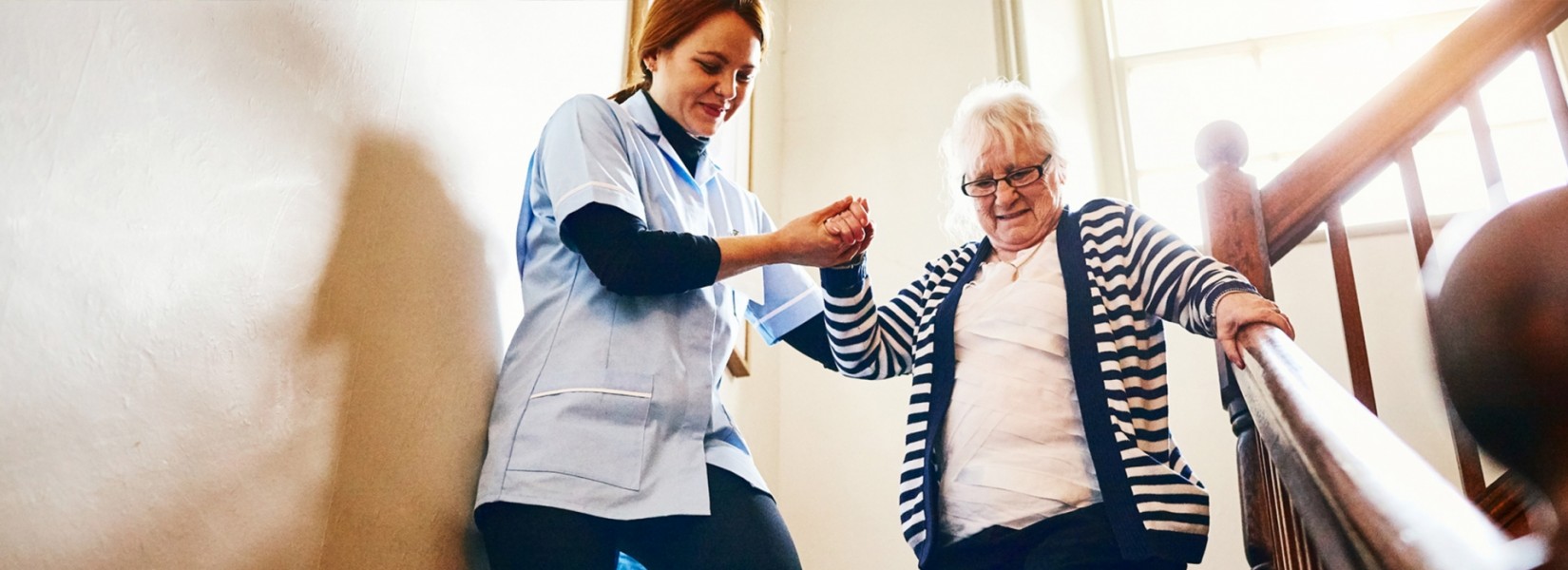Choose another country or region to
see content specific to your location

Training and professional development a central focus of the guideline
The National Institute for Health and Care Excellence (NICE) has published a draft guideline on safeguarding adults in care homes, which places central importance on training and professional development.
According to the guidance, care homes should ensure that all staff (including contract or temporary staff) attend mandatory training on safeguarding as soon as possible and refresh this knowledge annually.
The guideline says that mandatory safeguarding training should be delivered face-to-face whenever possible, either in person or via virtual platforms.
Furthermore, it should be live, interactive and eLearning should only be used when face-to-face training is not possible.
Courses should also draw upon use case studies and examples to teach staff how safeguarding relates to personalised care and the human rights of residents.
In addition to mandatory training for staff, the guideline covers what abuse and neglect look like, how to recognise the warning signs and what actions to take if abuse or neglect is suspected.
A consultation on the draft recommendations is now open, with stakeholders offered the opportunity to comment until 1 October 2020. The expected publication date is 10 February 2021.
According to NHS Digital, in 2018/19 there were 415,050 safeguarding concerns of abuse and neglect of adults raised in England, an increase of 5.2% on the previous year.
CMM: Recognising abuse and neglect in care homes
NICE: Be aware of the signs of abuse and neglect in adult care homes, says NICE
It is good to see new guidance on such an important subject. Safeguarding training is often dull, limited and perceived as a tick box exercise.
Maybo has found that staff across health and social care settings often fail to recognise some of their practices as being restrictive. In response we have created our Understanding human rights and reducing restrictive practices programmes. Available as interactive eLearning and/or taught modules these programmes promote recognition and respect of the human rights of the people we support and care for.
If you would like to discuss how we can help you please get in touch with one of our experts today